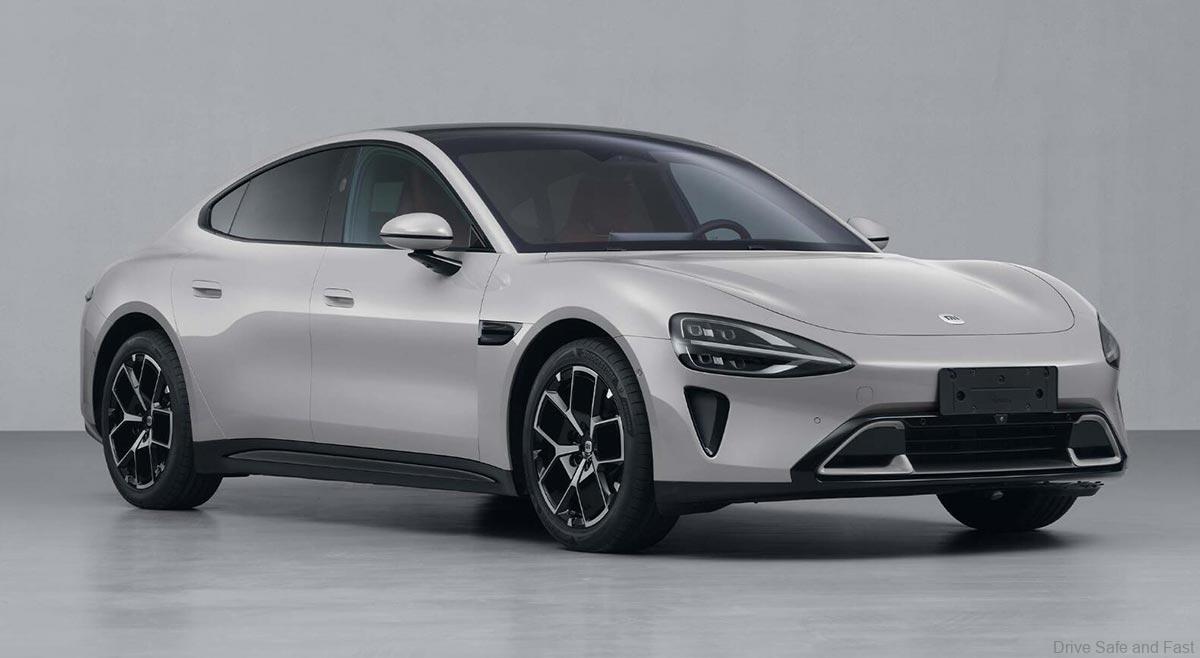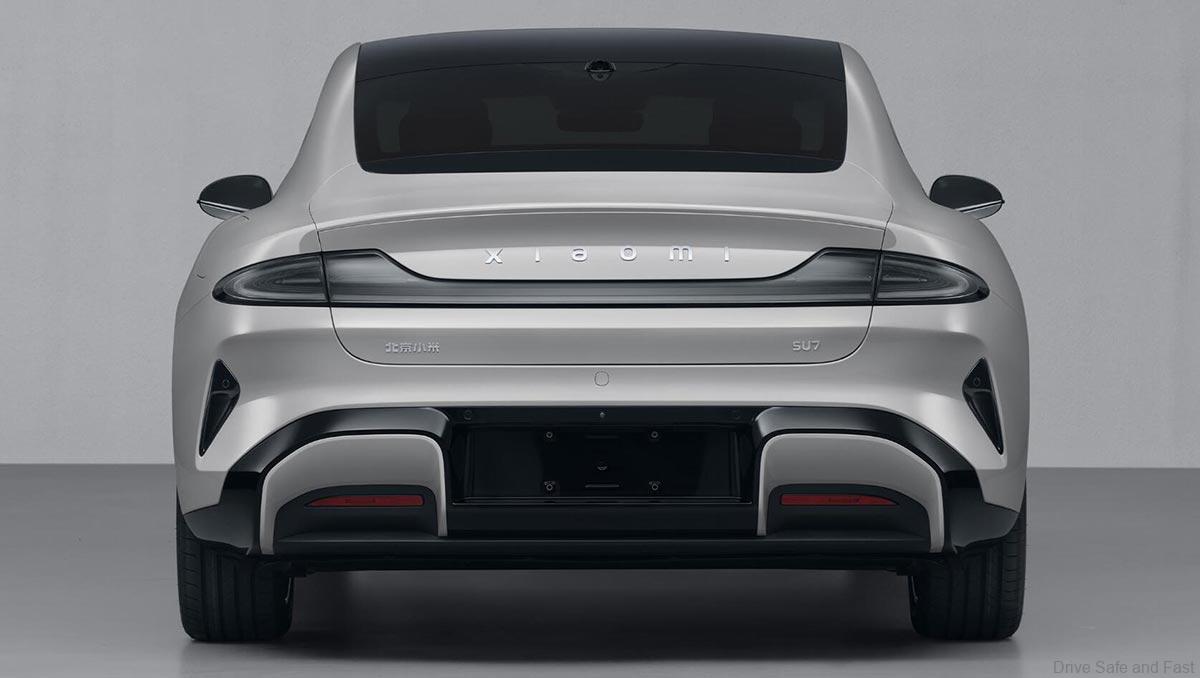It appears there are other EV brands like the Xiaomi that have ADAS systems that can crash
It has been reported that a Xiaomi SU7 electric vehicle (EV) was involved in a tragic accident on an expressway in the Anhui province of China. The car was in Navigation Assisted Driving mode, traveling at 116km/h at the time of the crash, according to Xiaomi’s official statement.
This accident has led to many criticising Xiaomi’s EV division, which recently raised around USD5.5 billion (about RM24.4 billion) to fund its expansion in the EV market. To make matters worse, Xiaomi’s stock took a hit, dropping 6.3 percent in Hong Kong before closing 5.5 percent lower still.
Moreover, this dip comes following investor concerns for the company’s future growth, particularly after this accident and its ongoing investigation. Since Xiaomi’s equity sale last week, the shares have fallen by nearly 18 percent. Xiaomi CEO Lei Jun expressed condolences to the families of the victims and confirmed that the company is cooperating with authorities.
Xiaomi set up a special team immediately after the accident and submitted the vehicle’s data to the police. Lei stated that the investigation is still ongoing and that many questions remain unanswered. The accident occurred on 29 March 2025, when the advanced driver assistance system (ADAS) in the Xiaomi vehicle was engaged less than 20 minutes before the crash.
The system issued multiple alerts, first when the driver was not holding the steering wheel and again when obstacles were detected ahead. Moments later, the car collided with concrete barriers, bursting into flames. Xiaomi confirmed that only the steel chassis remained. This is bad as China’s laws prohibit this kind of negligence.
On top of that, Xiaomi’s Navigate on Autopilot system is designed to change lanes, adjust speed and brake with minimal human input. However, the company advises drivers to remain alert and keep their hands on the wheel as the system is not fully autonomous and should not be confused with “self-driving” technology.
In China, it is illegal for drivers to take their hands off the wheel even when the ADAS is engaged. CATL, a major EV battery manufacturer, clarified that the vehicle involved in the accident did not use CATL batteries, while BYD, another prominent battery supplier (and EV maker), stated that Xiaomi designs its own battery packs.
The accident has reignited debates over the safety of driver assistance technologies, similar to concerns raised about Tesla’s Full Self-Driving system. As the investigation continues, we her at DSF offer our condolences to the families of the victims and hope all carmakers keep working on their smart driving tech.
We got all this from The Business Times and their full article is linked here. Thank you The Business Times for the information and images.






